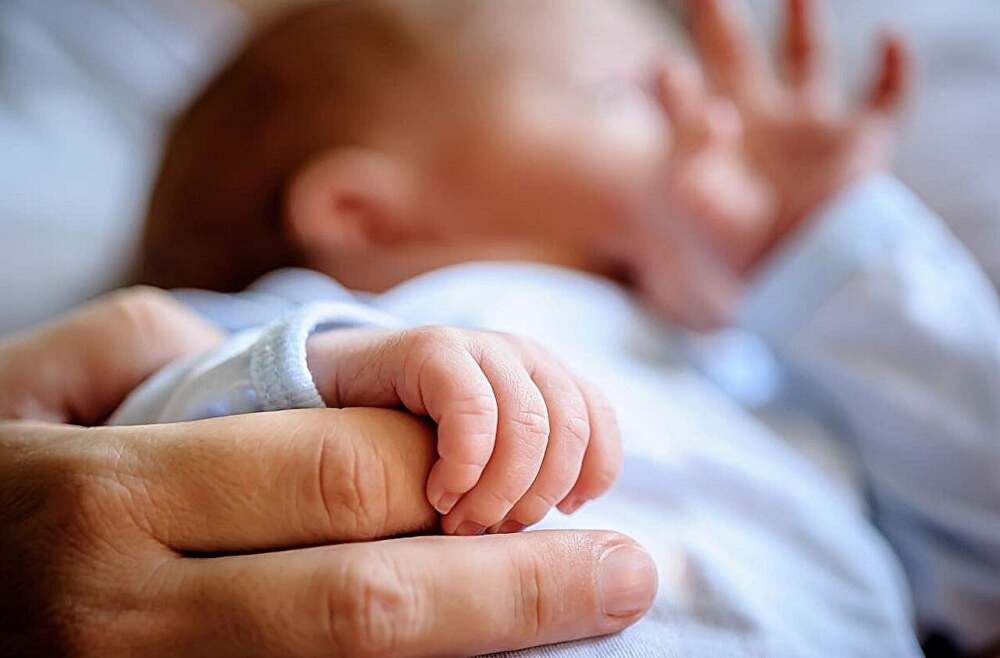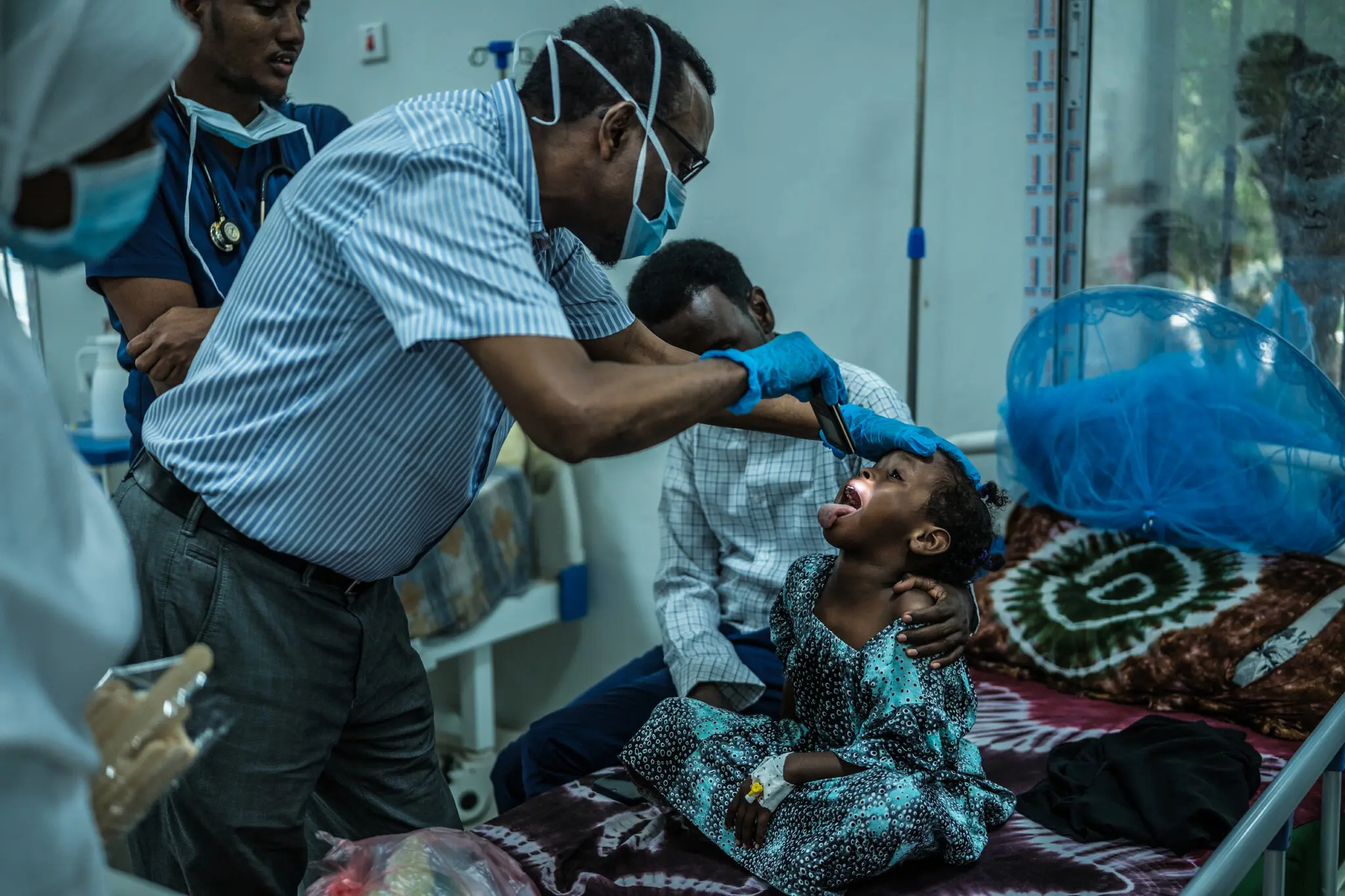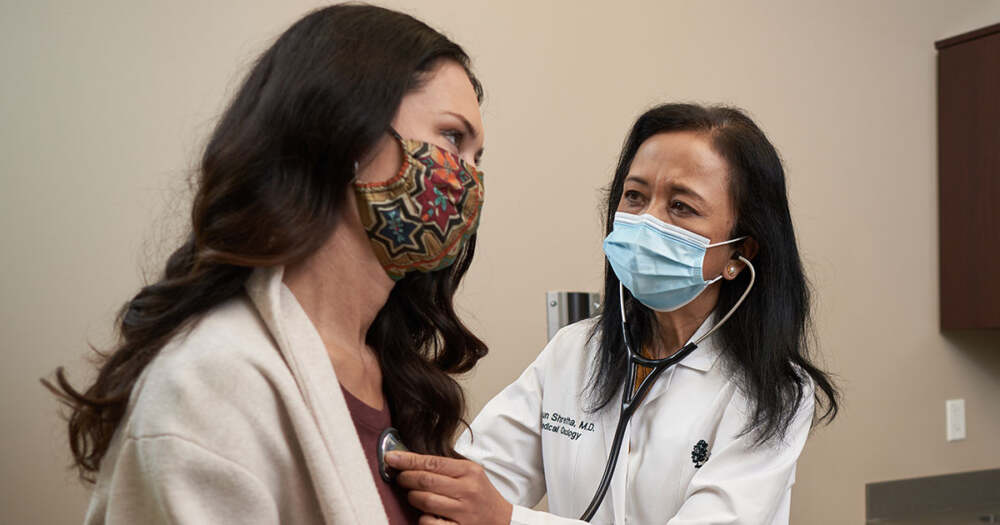Louisiana is facing one of its most severe public health crises in decades as a whooping cough (pertussis) outbreak sweeps across the state. Health authorities report a significant surge in confirmed cases and hospitalizations, with the most vulnerable—infants under one year old—bearing the brunt of the disease. Tragically, two infants have died from complications related to pertussis, marking a rare but sobering development in recent years.
Surge in Cases
The current outbreak has seen hundreds of confirmed cases, exceeding previous highs recorded over the last 35 years. While pertussis can affect individuals of all ages, infants are particularly susceptible due to their developing immune systems and incomplete vaccination schedules. Roughly 70% of hospitalizations during this outbreak have involved children under one year old, highlighting the disease’s dangerous impact on the youngest members of society.
Whooping cough is highly contagious, spreading through respiratory droplets when an infected person coughs or sneezes. Early symptoms often resemble a common cold, including runny nose, mild cough, and fever, but within weeks, the characteristic severe coughing fits—sometimes followed by a “whoop” sound—emerge. In infants, these episodes can lead to dangerous complications such as pneumonia, seizures, or even death.
Infant Deaths Spark Concern
The recent deaths of two infants have heightened public awareness and concern over the outbreak. Both infants were too young to have completed the full series of pertussis vaccinations, underscoring the vulnerability of this age group. Pediatricians and public health officials emphasize that vaccination is the most effective tool to protect infants and reduce the severity of pertussis cases.
Health experts stress that these fatalities serve as a stark reminder that pertussis is not a benign illness, particularly for those who are unvaccinated or under-vaccinated. In past outbreaks, fatalities among infants have been rare, but even a single death underscores the critical need for preventive measures and timely medical intervention.
Vaccine Hesitancy and Public Health Challenges
Despite the availability of effective vaccines, vaccine hesitancy has contributed to the spread of pertussis in Louisiana. Some parents delay or decline vaccinations due to misconceptions about safety or necessity, leaving their children at increased risk. Studies show that a significant portion of hospitalized infants were not up-to-date on recommended immunizations, illustrating the direct consequences of vaccine avoidance.
Public health officials face the dual challenge of controlling the outbreak while combating misinformation surrounding vaccines. Increasing vaccination rates, particularly among infants and pregnant women (who can pass antibodies to their unborn children), is a top priority. Experts recommend that pregnant individuals receive the Tdap vaccine during the third trimester to provide newborns with temporary protection against pertussis.
Public Health Response
The Louisiana Department of Health has mobilized a multi-pronged response to address the outbreak. Health campaigns focus on raising awareness of pertussis symptoms, the importance of timely vaccination, and early medical intervention. Healthcare providers are actively encouraging parents to ensure their children’s vaccination schedules are current and to seek medical care if respiratory symptoms develop.
Hospitals and pediatric clinics have increased preparedness for severe pertussis cases, with pediatric intensive care units monitoring infants who develop complications. Public health teams are also working to track cases, identify transmission clusters, and educate communities about hygiene measures, such as frequent handwashing and limiting contact with infants when someone is ill.
Preventing Further Spread
Experts advise that controlling the outbreak requires both medical intervention and community cooperation. Key preventive measures include:
- Ensuring infants receive the full series of pertussis vaccinations on schedule.
- Pregnant individuals receiving Tdap vaccines to confer immunity to newborns.
- Monitoring for early symptoms and seeking medical care promptly.
- Practicing good respiratory hygiene, including covering coughs and washing hands.
- Limiting exposure of infants to unvaccinated individuals or those exhibiting respiratory symptoms.
Historical Context
Louisiana has experienced periodic whooping cough outbreaks over the past several decades, but the current situation represents the most severe in 35 years. Historical data shows that vaccination campaigns dramatically reduced pertussis cases nationwide, but waning immunity and gaps in vaccination coverage have contributed to resurgences. Public health officials emphasize that maintaining high vaccination rates is essential to prevent similar outbreaks in the future.
Long-Term Implications
The current outbreak highlights broader public health challenges, including vaccine hesitancy, gaps in access to healthcare, and the need for ongoing education about preventable diseases. It also serves as a reminder of the critical role that routine immunizations play in safeguarding vulnerable populations, particularly infants who cannot yet complete full vaccination schedules.
As Louisiana continues to respond, public health authorities are optimistic that coordinated efforts will mitigate further spread. Lessons learned from this outbreak may also inform vaccination campaigns and emergency preparedness strategies in other regions, ensuring that infants and children receive the protection they need.
Conclusion
Louisiana’s whooping cough outbreak is a stark reminder that preventable diseases can still pose serious threats, particularly to infants and young children. The loss of two young lives underscores the urgency of vaccination and community awareness. By prioritizing immunization, early detection, and public education, health officials aim to bring the outbreak under control and protect the most vulnerable.
The current crisis also reinforces the importance of viewing vaccination not just as a personal choice, but as a critical tool for public health. As communities respond and recover, the hope is that lessons learned will strengthen protections for children and prevent future tragedies.
















Leave a Reply